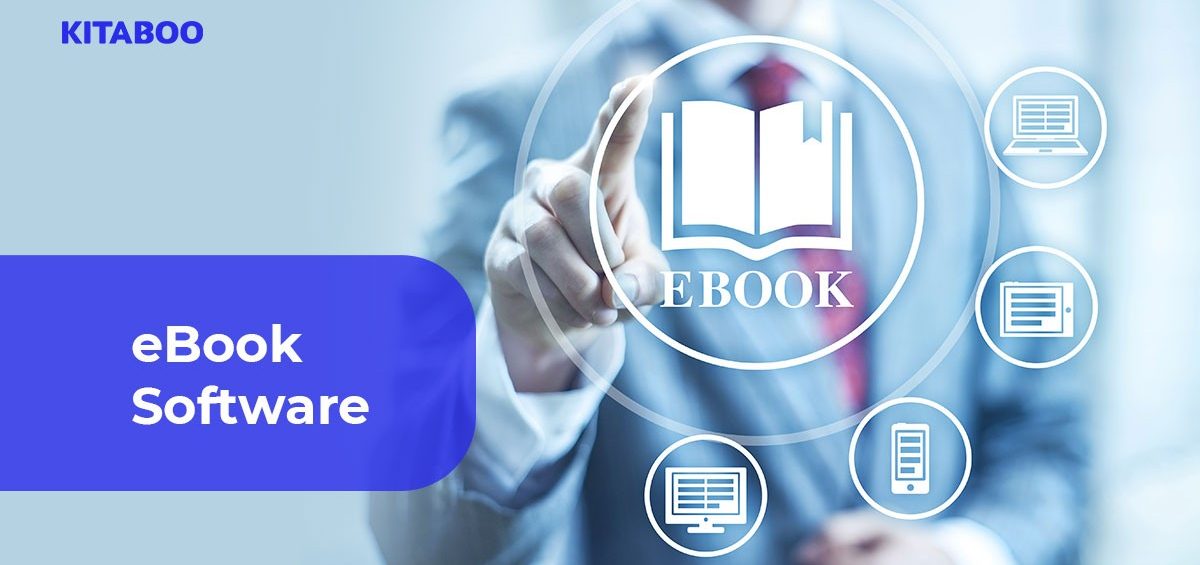In a world where knowledge is power, pursuing an education at any stage of life remains an essential endeavor. Yet, as technology continues to advance, so do the ways in which we approach education.
In recent years, eBook software has emerged as a powerful tool in the realm of academia, offering innovative ways to enhance the learning experience for learners and educators alike. From interactive multimedia to personalized study aids, this software has the potential to revolutionize the way we teach and learn.
In this article, we will explore how eBook software maximizes learning potential and enhances education. We will delve into the benefits of this technology and how it is transforming traditional education practices.
Whether you are an educator seeking to incorporate new tools into your classroom or a learner looking for more effective ways to study, this conversation will offer valuable insights into the exciting possibilities of eBook software in education.
Table of Contents
- The Advantages eBook Software Brings to Education
- Summing It Up
The Advantages eBook Software Brings to Education
With the digital revolution taking over almost every aspect of our lives, education has not been left behind. The way learners learn, and teachers teach has drastically changed over the past few years with the advent of electronic books (eBooks).
Advantages of eBook Software for Learners
- Cost-Effective: One of the most significant benefits of eBooks is that they are cost-effective. Unlike traditional textbooks, eBooks are significantly cheaper; learners can access them online without needing physical copies. This cost-saving is especially beneficial for those who cannot afford to purchase textbooks or require many reference books for their studies.
- Portability: Another significant advantage of eBooks is their portability. With eBooks, learners can carry all their textbooks in a single device, such as a tablet or a laptop. This convenience eliminates the need to carry heavy textbooks around, making it easier for learners to move around with their study materials. Additionally, learners can access eBooks from any location as long as they have an internet connection.
- Interactive Features: eBook software offers a range of interactive features that traditional textbooks cannot match. They allow learners to make highlights, take notes, and search for specific content within the book. These features make it easier for learners to study, as they can quickly locate relevant information without having to scan through multiple pages. Some eBooks also have videos and multimedia elements that make learning more engaging and enjoyable.
- Customization: Electronic books also allow for customization, which is impossible with traditional textbooks. With eBook software, learners can adjust the text size, line spacing, and font, making reading and understanding the content easier. Additionally, eBooks allow learners to tailor their reading experience to their individual preferences, which can improve comprehension and retention of information.
Advantages of eBook Software for Educators
- Flexibility: eBook software offers a level of flexibility that is not possible with traditional textbooks. With eBooks, educators can easily update content and make changes in real-time. They can add new information, correct errors, and make other necessary changes. Additionally, eBooks can be quickly and easily distributed to learners, making it easier for educators to reach a wider learner base.
- Enhanced Teaching Methods: Electronic book software offers educators a range of tools that can improve their teaching methods. For example, eBooks include multimedia elements like videos, animations, and interactive graphics. These features make learning more engaging and enjoyable for learners, which can improve their retention of information. Additionally, educators can use eBooks to create personalized learning experiences for individual learners, which can enhance their understanding of the material.
- Collaboration: eBooks allow educators to collaborate with other teachers and share resources. With eBooks, teachers can share content, notes, and ideas, making developing curricula and teaching materials easier. This collaboration can lead to a more robust and engaging learning experience for learners, as educators can pool their expertise and resources to create a more comprehensive and effective curriculum.
- Assessment: This software also offers educators a range of assessment tools that can help them evaluate learner progress. With eBooks, educators can create quizzes, tests, and other assessments that can be easily administered and graded. This ease of assessment can save time and effort for educators, and it can also provide learners with immediate feedback, which can improve their understanding of the material.
Summing It Up
The future of education at any life stage is bright, and eBook software is poised to play a key role in this revolution. Educators and institutions can help learners unlock their full potential and upskill by incorporating this technology into the learning experience.
As technology advances, we expect to see more developments in this software. All in all, eBook software has proven to be an essential tool for instructors and learners due to its ability to establish a collaborative learning environment, enable remote learning, and, most importantly, improve accessibility to education.
Are you looking for a powerful, innovative way to create amazing eBooks that captivate your learners and deliver an immersive learning experience? Look no further than KITABOO. This industry-leading platform helps create, publish and distribute interactive and engaging digital learning content.
Our intuitive, easy-to-use platform provides a range of features that allow you to add multimedia, interactive exercises, quizzes, and assessments, amongst other features, to create a truly immersive and engaging reading experience.
To know more, write to us at KITABOO@hurix.com.
Discover How An Ebook Conversion, Publishing & Distribution Platform Can Help You
Kitaboo is a cloud-based content platform to create-publish & securely distribute interactive mobile-ready ebooks.
You May Also Like








